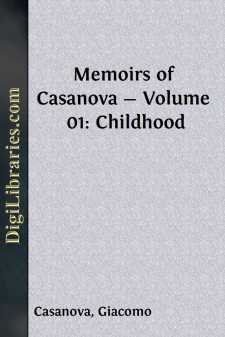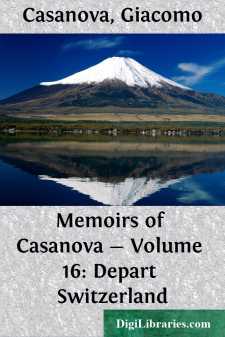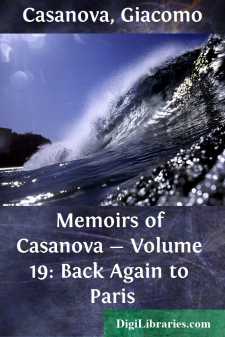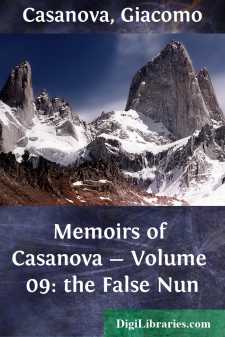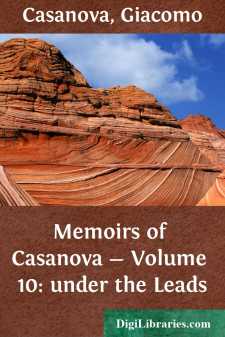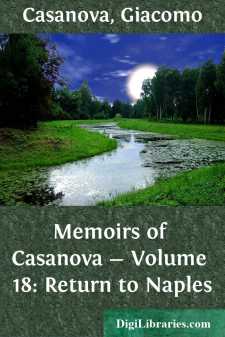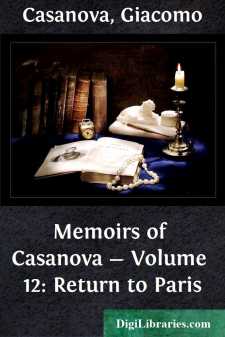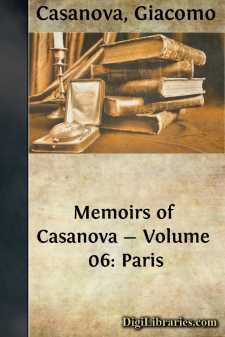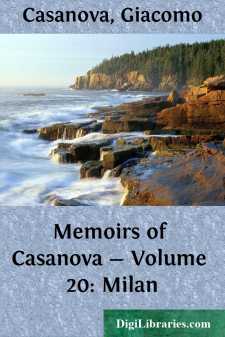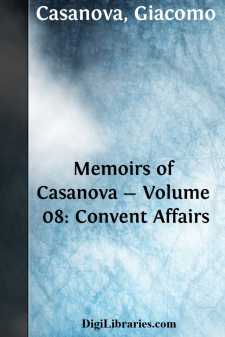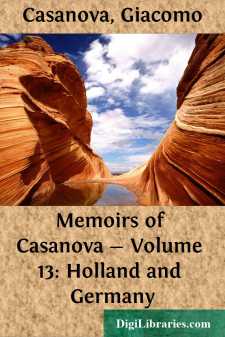Categories
- Antiques & Collectibles 13
- Architecture 36
- Art 48
- Bibles 22
- Biography & Autobiography 813
- Body, Mind & Spirit 142
- Business & Economics 28
- Children's Books 17
- Children's Fiction 14
- Computers 4
- Cooking 94
- Crafts & Hobbies 4
- Drama 346
- Education 46
- Family & Relationships 57
- Fiction 11829
- Games 19
- Gardening 17
- Health & Fitness 34
- History 1377
- House & Home 1
- Humor 147
- Juvenile Fiction 1873
- Juvenile Nonfiction 202
- Language Arts & Disciplines 88
- Law 16
- Literary Collections 686
- Literary Criticism 179
- Mathematics 13
- Medical 41
- Music 40
- Nature 179
- Non-Classifiable 1768
- Performing Arts 7
- Periodicals 1453
- Philosophy 64
- Photography 2
- Poetry 896
- Political Science 203
- Psychology 42
- Reference 154
- Religion 513
- Science 126
- Self-Help 84
- Social Science 81
- Sports & Recreation 34
- Study Aids 3
- Technology & Engineering 59
- Transportation 23
- Travel 463
- True Crime 29
Our website is made possible by displaying online advertisements to our visitors.
Please consider supporting us by disabling your ad blocker.
Memoirs of Casanova - Volume 01: Childhood
by: Giacomo Casanova
Categories:
Description:
Excerpt
The Memoirs of Casanova, though they have enjoyed the popularity of a bad reputation, have never had justice done to them by serious students of literature, of life, and of history. One English writer, indeed, Mr. Havelock Ellis, has realised that 'there are few more delightful books in the world,' and he has analysed them in an essay on Casanova, published in Affirmations, with extreme care and remarkable subtlety. But this essay stands alone, at all events in English, as an attempt to take Casanova seriously, to show him in his relation to his time, and in his relation to human problems. And yet these Memoirs are perhaps the most valuable document which we possess on the society of the eighteenth century; they are the history of a unique life, a unique personality, one of the greatest of autobiographies; as a record of adventures, they are more entertaining than Gil Blas, or Monte Cristo, or any of the imaginary travels, and escapes, and masquerades in life, which have been written in imitation of them. They tell the story of a man who loved life passionately for its own sake: one to whom woman was, indeed, the most important thing in the world, but to whom nothing in the world was indifferent. The bust which gives us the most lively notion of him shows us a great, vivid, intellectual face, full of fiery energy and calm resource, the face of a thinker and a fighter in one. A scholar, an adventurer, perhaps a Cabalist, a busy stirrer in politics, a gamester, one 'born for the fairer sex,' as he tells us, and born also to be a vagabond; this man, who is remembered now for his written account of his own life, was that rarest kind of autobiographer, one who did not live to write, but wrote because he had lived, and when he could live no longer.
And his Memoirs take one all over Europe, giving sidelights, all the more valuable in being almost accidental, upon many of the affairs and people most interesting to us during two-thirds of the eighteenth century. Giacomo Casanova was born in Venice, of Spanish and Italian parentage, on April 2, 1725; he died at the Chateau of Dux, in Bohemia, on June 4, 1798. In that lifetime of seventy-three years he travelled, as his Memoirs show us, in Italy, France, Germany, Austria, England, Switzerland, Belgium, Russia, Poland, Spain, Holland, Turkey; he met Voltaire at Ferney, Rousseau at Montmorency, Fontenelle, d'Alembert and Crebillon at Paris, George III. in London, Louis XV. at Fontainebleau, Catherine the Great at St. Petersburg, Benedict XII. at Rome, Joseph II. at Vienna, Frederick the Great at Sans-Souci. Imprisoned by the Inquisitors of State in the Piombi at Venice, he made, in 1755, the most famous escape in history. His Memoirs, as we have them, break off abruptly at the moment when he is expecting a safe conduct, and the permission to return to Venice after twenty years' wanderings. He did return, as we know from documents in the Venetian archives; he returned as secret agent of the Inquisitors, and remained in their service from 1774 until 1782. At the end of 1782 he left Venice; and next year we find him in Paris, where, in 1784, he met Count Waldstein at the Venetian Ambassador's, and was invited by him to become his librarian at Dux. He accepted, and for the fourteen remaining years of his life lived at Dux, where he wrote his Memoirs.
Casanova died in 1798, but nothing was heard of the Memoirs (which the Prince de Ligne, in his own Memoirs, tells us that Casanova had read to him, and in which he found 'du dyamatique, de la rapidite, du comique, de la philosophie, des choses neuves, sublimes, inimitables meme') until the year 1820, when a certain Carlo Angiolini brought to the publishing house of Brockhaus, in Leipzig, a manuscript entitled Histoire de ma vie jusqu a l'an 1797, in the handwriting of Casanova. This manuscript, which I have examined at Leipzig, is written on foolscap paper, rather rough and yellow; it is written on both sides of the page, and in sheets or quires; here and there the paging shows that some pages have been omitted, and in their place are smaller sheets of thinner and whiter paper, all in Casanova's handsome, unmistakable handwriting. The manuscript is done up in twelve bundles, corresponding with the twelve volumes of the original edition; and only in one place is there a gap. The fourth and fifth chapters of the twelfth volume are missing, as the editor of the original edition points out, adding: 'It is not probable that these two chapters have been withdrawn from the manuscript of Casanova by a strange hand; everything leads us to believe that the author himself suppressed them, in the intention, no doubt, of re-writing them, but without having found time to do so.' The manuscript ends abruptly with the year 1774, and not with the year 1797, as the title would lead us to suppose....


